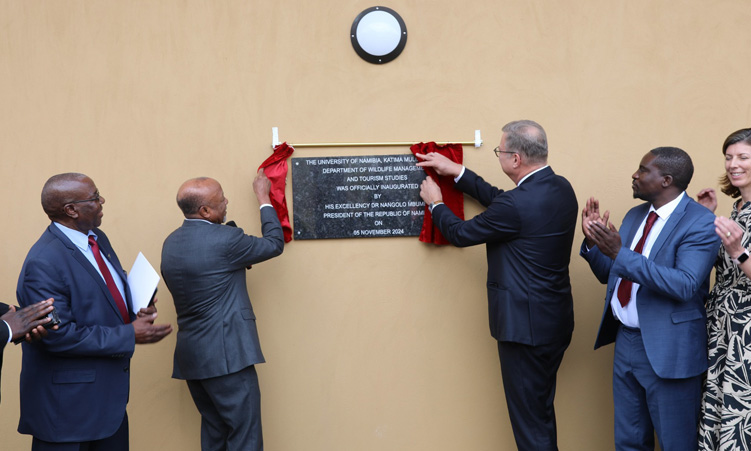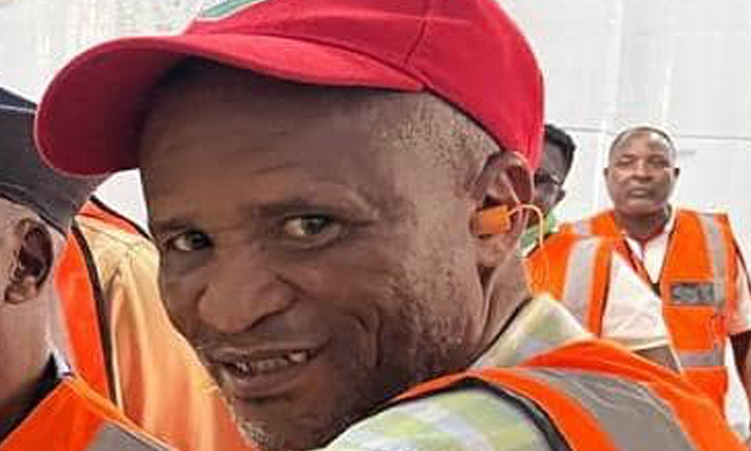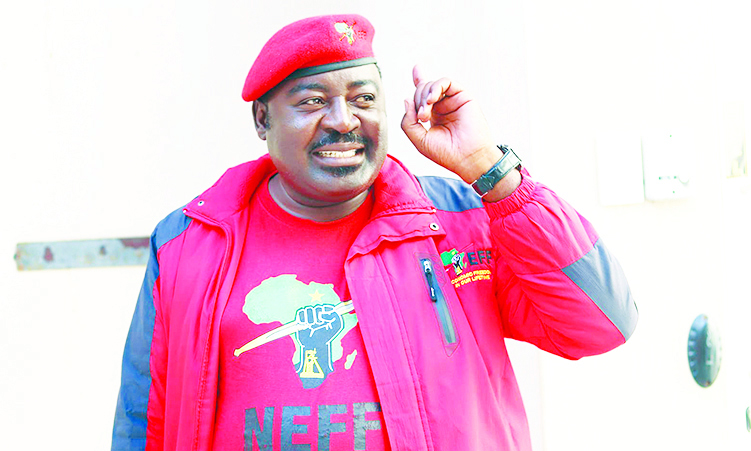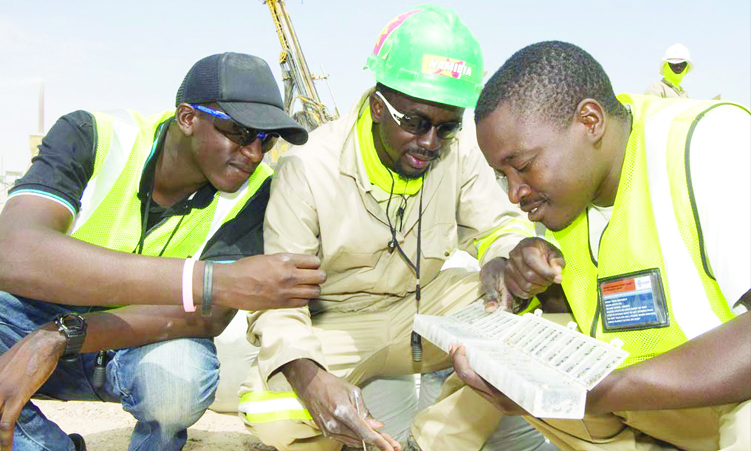ADDIS ABABA – Power must be shared across Africa so the world’s poorest continent can beat an energy crisis that is costing its economies billions of dollars, the African Union (AU) energy chief said yesterday.
Power shortages are common in many African nations and can shut down industries and hamper investment, even though the continent is sitting on abundant resources of solar, hydro, oil, gas, coal and geothermal power. We are strongly encouraging strategies of interconnectivity that can help economies grow more quickly,’ said Elham Ibrahim, infrastructure and energy commissioner of the 53-member state pan-African organisation.Ibrahim added that African economies can suffer severe losses if countries don’t meet their full energy needs. There is a power pool for southern African countries and it is working well. There is interconnection between Togo and Benin – you only need one organisation to deal with electricity for more than one country,’ Ibrahim told Reuters in an interview.The World Bank said earlier this year that each African region should consider developing its own power pool to reduce average costs as demand grows on the continent.The Southern African Power Pool (SAPP) is the most active in Africa, trading 8,6 per cent of its electricity. Trades in other regions of the continent are much lower.Kannan Lakmeeharan, head of planning for South Africa’s utility Eskom, told Reuters that trading power would also improve energy supply security. If one country has a problem, the other country could help support it,’ Lakmeeharan said. ‘And just by doing that you are enabling more confidence in the economies.’South Africa is a major exporter within the SAPP framework, but other countries in the region, including Zambia and Mozambique, export surplus power to power-starved countries such as Zimbabwe and Namibia.Other plans in the south include a US$225 million power line between Zimbabwe, Botswana, Namibia and Zambia to allow an extra 600 MW to be transmitted around the region. The Zizabona line is due to be completed by the last quarter of 2010.More African countries, such as Ethiopia and Sudan, are now working in regional trading blocs to develop joint infrastructure and energy plans.Ibrahim said hydropower projects in Ethiopia could be connected to Kenya, Sudan, Uganda and Egypt.Ethiopia has five hydropower dam projects under construction and hopes to become a net power exporter within ten years.Hydropower and pooling are twin strategies, Ibrahim said. The potential for pooling hydropower really is very high,’ the commissioner said, speaking at her office in Addis Ababa.The Congo River has very high potential which can cover Africa’s needs and South Africa is working with the Democratic Republic of Congo to build large dams there, Ibrahim said.Power demand on the continent is expected to rise by 150 000 megawatts between 2007 and 2030, according to the International Energy Agency. It is important for Africa to push to have these continental and regional projects on cooperation,’ she said. ‘Without power, we cannot do anything here.’-Nampa-Reuters
Stay informed with The Namibian – your source for credible journalism. Get in-depth reporting and opinions for
only N$85 a month. Invest in journalism, invest in democracy –
Subscribe Now!






